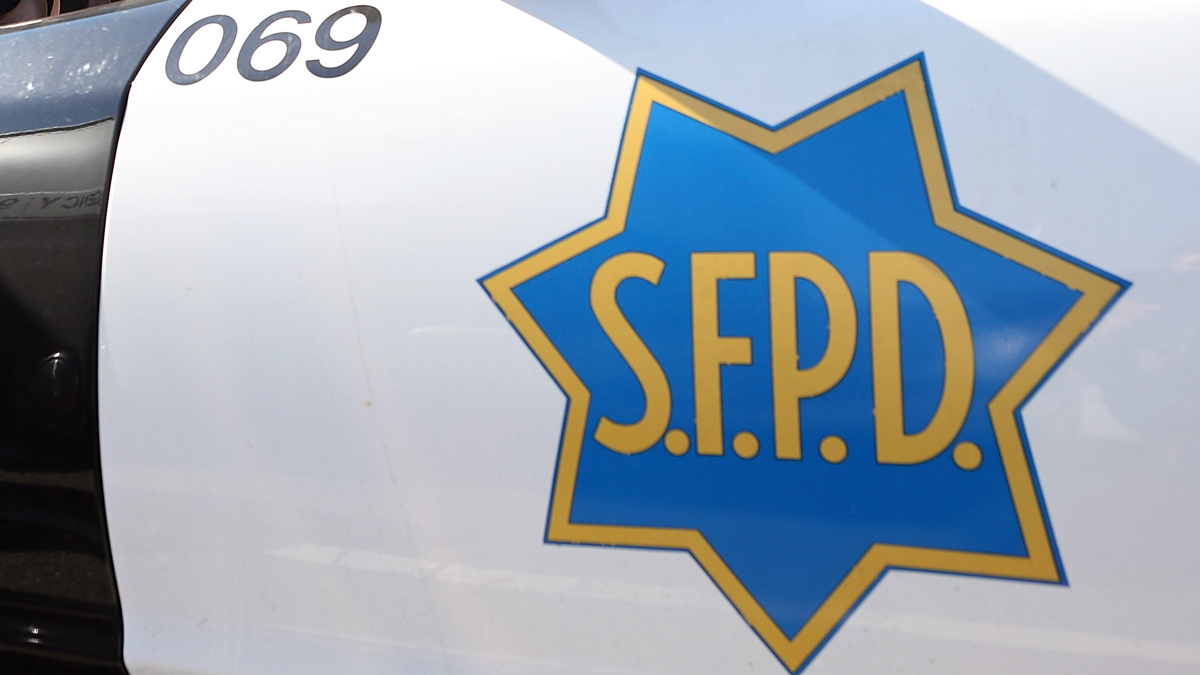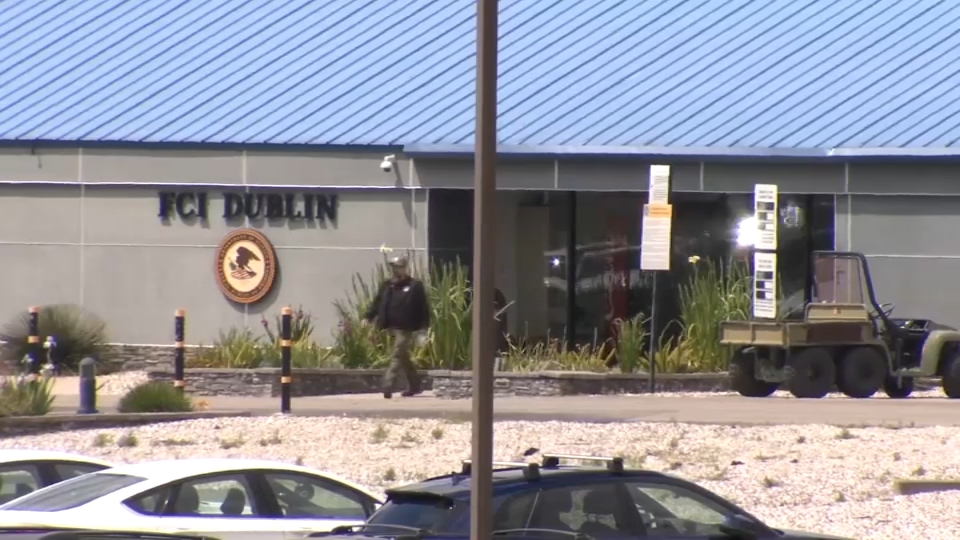Secret electronic communications between San Jose's elected officials and lobbyists during public meetings is now permanently banned.
In a nod to the ubiquity of handheld devices at public meetings, City Council members have imposed strict rules on themselves requiring that they disclose communications from lobbyists who email or text them during council meetings.
The policy, which the council approved unanimously Tuesday, cements San Jose’s role as a leader in requiring its elected officials to disclose their communication with lobbyists. The rules are effective immediately and make permanent the temporary requirements approved by the council in March 2010.
“There were some instances where lobbyists were communicating with council members on the dais,” Mayor Chuck Reed said in a phone interview. “We want to have sunshine so people are made aware of lobbyists’ interactions with elected officials.”
If a lobbyist contacts a council member by text, email or handwritten note during a public meeting, the member is required to announce the identity of the lobbyist and the subject of the communication before it comes to a vote.
Reed helped lead the effort for more disclosure in 2010 after the San Jose Mercury News reported that lobbyists were communicating with council members by text and email during meetings. While the policy does not require council members to describe the precise nature of their exchanges with lobbyists, Reed said it would help media and constituents “follow up and figure out what’s going on.”
Peter Scheer, executive director of the First Amendment Coalition, a nonprofit organization based in San Rafael, said San Jose’s stringent disclosure policy is “the first of its kind in California, if not the country.”
Local
“This is the law catching up with technology,” Scheer said. “I applaud San Jose for taking these steps. I would hope that other counties and city governments follow their example because it’s in everybody’s interest except for lobbyists, who will find it more difficult to wield influence secretly.”
The policy stops short of requiring council members to reveal messages involving city business that they send and receive from their personal email or text accounts.
Asked whether this omission could expose the city to lawsuits from those seeking access to these electronic communications, David Vossbrink, a city spokesman, said: “That’s a legitimate question. That’s an evolution of policy and law that we are looking at.”
Videos and transcripts of the council meetings are
The city has no record of how many times council members have disclosed their exchanges with lobbyists since the temporary rules went into effect in 2010.
San Jose has about 50 registered lobbyists. Among them is Tom Saggau, a partner at Saggau & DeRollo in San Jose.He is registered as a lobbyist forGarden City Sanitation, which provides garbage service to most city residents, as well as clients such as prosecutors, police officers and firefighters who work for Santa Clara County.
“The more that the public knows about lobbying activities, the more trust they’ll have in those interactions,” Saggau said of the disclosure rules. “I don’t view it as a negative. It actually improves the public perception of what a lobbyist does.”
View this story on Bay Citizen
This story was produced by The Bay Citizen, a nonprofit, investigative news sources in the Bay Area and a part of the Center for Investigative Reporting. Learn more at www.baycitizen.org.



